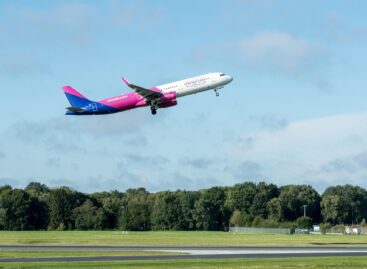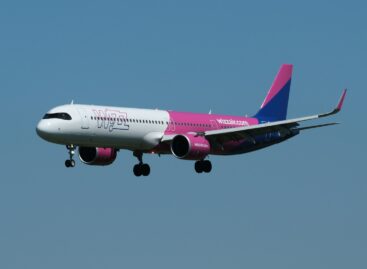You have to pay for advice: a new era begins for travel agencies
A growing number of travel agencies around the world are introducing advisory fees for their services, according to a recent international study by the World Travel Agents Associations Alliance. The shift aims to reduce reliance on declining commission revenues and ensure the sustainability and quality of travel consultancy services.
A Global Shift in Business Models
 More and more travel agencies and consultants are moving away from commission-based models and toward direct service fees. Similar to financial advisors or lawyers, agencies are charging clients for their time, expertise, and planning services rather than relying solely on supplier commissions.
More and more travel agencies and consultants are moving away from commission-based models and toward direct service fees. Similar to financial advisors or lawyers, agencies are charging clients for their time, expertise, and planning services rather than relying solely on supplier commissions.
This shift is largely driven by a decline in commission revenues due to the rise of direct booking options offered by service providers like airlines and hotels. At the same time, demand for customized, tailor-made travel experiences is increasing. Clients expect transparent communication and personalized service—prompting many agencies to introduce fixed advisory fees, planning charges, or subscription models for frequent travelers.
Regional Adoption and Varied Approaches
The study found that while professional fee-based models are spreading globally, the extent and style of implementation differ by region:
-
Europe: 66% of surveyed agencies charge advisory fees, mostly as non-refundable flat rates. This practice is especially common in Northern and Central Europe. In Southern Europe, however, cultural reservations still limit widespread adoption.
-
United States & Canada: 55% of U.S. agencies and about 50% of Canadian agencies use hybrid pricing models that combine basic fees with commissions. Canadian agencies reported some initial hesitation, but noted that clients tend to be supportive when the added value is clearly communicated.
-
New Zealand: With airline commissions nearly disappearing, over 95% of agencies now charge fixed travel management fees based on the time and effort invested—leading to significant increases in per-booking revenue.
-
South Africa: Business travel agencies predominantly work with fixed service fees. Leisure agencies are increasingly introducing planning fees, particularly for affluent clients.
-
Asia: The use of service fees remains limited across most Asian markets, with the exception of South Korea and certain Japanese and Singaporean business travel providers.
-
Latin America: While commissions still dominate, luxury and corporate travel agencies have begun experimenting with service fees.
Challenges and Long-Term Benefits
Transitioning to fee-based models is not without challenges. Agencies often struggle to justify the charges to clients, especially when competing with agencies that still operate without fees. Pricing uncertainty and market resistance can also be obstacles.
The study recommends a gradual transition—starting, for example, with refundable planning fees that are deducted from the final booking cost. Agencies that have adopted service fees report more predictable income, improved profitability, and stronger client loyalty.
Subscription models and tiered pricing packages are particularly well-received in the premium segment. Beyond financial stability, the added revenue from service fees also enables agencies to invest in technology upgrades and enhanced customer experiences—paving the way for more sustainable, future-proof operations.
Related news
The situation in the Middle East is a serious loss for Wizz Air
🎧 Hallgasd a cikket: Lejátszás Szünet Folytatás Leállítás Nyelv: Auto…
Read more >Related news
(HU) Átadták a SIRHA Budapest 2026 Innovációs Termékverseny díjait
🎧 Hallgasd a cikket: Lejátszás Szünet Folytatás Leállítás Nyelv: Auto…
Read more >HELL CITY has arrived, led by Michele Morrone
🎧 Hallgasd a cikket: Lejátszás Szünet Folytatás Leállítás Nyelv: Auto…
Read more >









